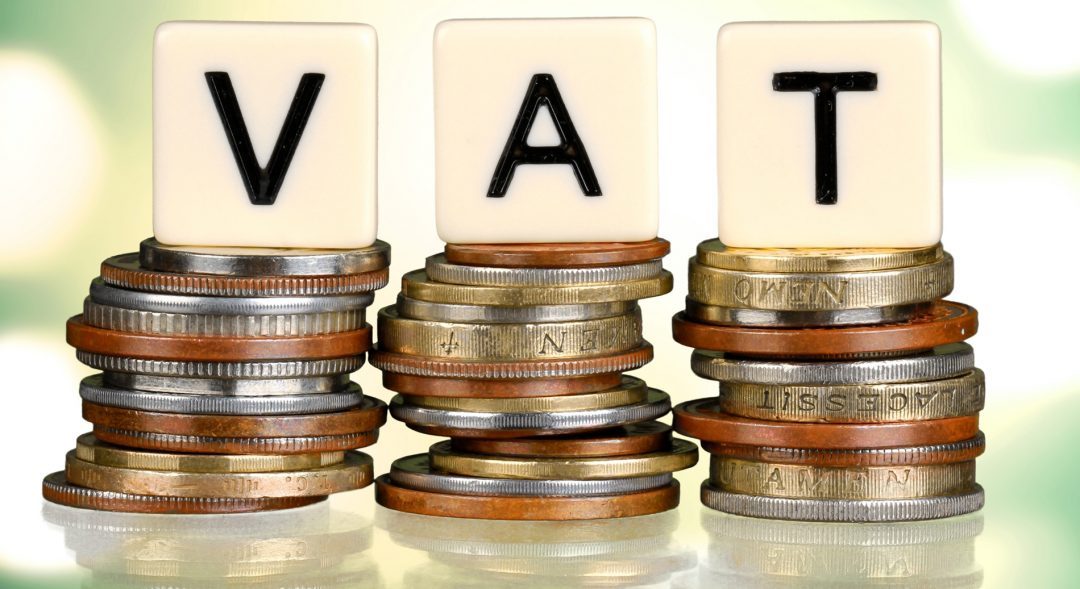Business entities continue to voluntarily switch to paying VAT in Uzbekistan

Photo: audiologybusinesscentral.co.uk
Since the beginning of the year, over 40,000 companies have been transferred to the generally established taxes (including VAT). Of these, 4,000 entrepreneurs became voluntary VAT payers. This became known during the briefing “Clarification of the essence and content of tax reform within the framework of VAT implementation and other innovations”, which took place on June 12 at the Agency for Information and Mass Communications.
During the briefing, it was noted that the main concerns of the tax reform were associated with a possible increase in the tax burden and rising inflation due to expansion of the category of VAT payers.
So, out of more than 350,000 business entities operating in 2018, only 7,100 (2%) were VAT payers.
The adopted tax concept is designed to solve this problem and make taxation fair, both for small and large businesses.
Within the framework of this Concept, an average of 17,000 new VAT payers were expected to appear and bring the total number to 25,000. However, this year the number of such entities exceeded 40,000, of which 4,000 switched to pay VAT on a voluntary basis.
Considering the lack of practical skills to pay value-added tax, having studied the foreign experience of European countries, in particular the UK, the STC decided to introduce, until January 1, 2021, a simplified procedure for calculating and paying value-added tax as a transitional measure at reduced rates from 4% up to 15%.
The list of documents submitted to the tax authorities for VAT refunds has been reduced.
For the convenience of taxpayers, an electronic invoice service was introduced, which has already been used by more than 16,000 taxpayers, reflecting about 5 trillion soums of VAT.
Thanks to the measures taken in a short period of time, deficiencies in the VAT reports were identified on average by 40 billion soums, which have already been rectified.
At the same time, the work of the tax authorities is based on not bringing taxpayers to responsibility, but on assisting them in correcting mistakes made and establishing partnerships.
Related News

14:34 / 23.12.2024
Tashkent region increases garbage storage fees at landfills

22:49 / 07.12.2024
EBRD to explore opportunities for financing small and medium-sized businesses in Uzbekistan

17:38 / 29.11.2024
Gas restrictions disrupt operations for over 15,000 businesses in Tashkent

17:34 / 08.11.2024



